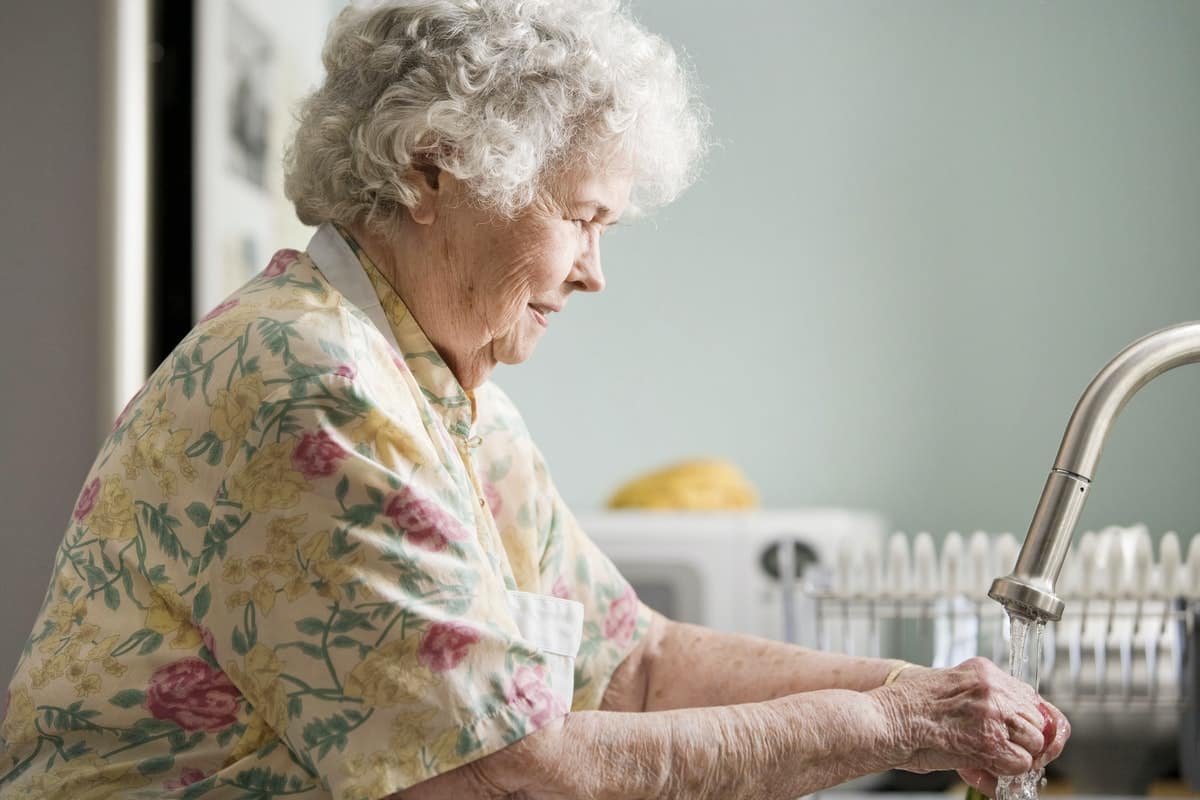While healthcare workers in nursing facilities continue to do everything they can to keep our loved ones safe, many families are now looking at options for in-home care as an extra safety measure for their elders during the COVID-19 pandemic and the new normal that is sure to follow. The “No Visitors” policy of most facilities makes it difficult to stay in touch with your loved one and more families are considering caring for their family in the comfort of their own home. It isn’t always possible to care for our loved ones at home without enlisting professional assistance, especially with physical and social distancing in place. As such, it is important to think about the steps necessary to make this transition to in-home care as smooth as possible.
Information about transitioning into facility care is plentiful; helpful tips for transitioning out of one are harder to come by.
Let us help take some of the guesswork out of it for you. Keep reading…
Facilitating a transition to in-home care may seem complicated, and it’s easy to feel overwhelmed. Following some of these suggestions can help you get started once it is determined that your loved one may safely return home.
RELATED ARTICLE: 7 Important Benefits of Home Health Care during the COVID-19 Pandemic
Keep a notebook for appointments and conversations with all healthcare providers, from the nursing facility and social workers to the discharge specialists, and also for those you may hire for in-home care. The discharge planner and home care agency will work closely to ensure a smooth transition including transportation home. As you think of questions and concerns, write them down in the notebook. Be sure to bring it to any appointments. Remember- there are no bad questions.
When interviewing potential in-home caregivers, work with a trusted home care agency to find the best possible fit for your family and your loved one’s care requirements. One-on-one care by a professional agency ensures the least restrictive environment while maintaining their quality of life. In addition to personal care, physical, occupational, and speech therapy, along with skilled nursing, can also be performed. Bringing them home means you will be able to visit and maintain your loving relationship.
A home care agency will work to determine safety risks in the home, which can go well beyond just unsecured area rugs, difficult-to-navigate furniture, or uneven flooring. Professional home care providers are knowledgeable about additional resources, such as DME (Durable Medical Equipment) and PPE (Personal Protective Equipment) providers in your community. If possible, have grab-bars installed in bathrooms, mobility ramps, or any other safety improvements in place before your loved one arrives. Contractors may even suggest widening doorways to account for personal mobility devices. An agency, along with the rest of your care management team, may be able to help you obtain insurance funding or other community-provided funding for some or all of these types of services.
RELATED ARTICLE: 6 Senior Care Trends of the Near Future
In addition to the safety aspect, a qualified agency will work with you to identify your family member’s personal preferences (food, entertainment, music, etc.) An agency should educate the caregiver about your home and loved one’s preferences prior to their arrival at the home, and they can make proper introductions at initiation of service. This way, your new caregiver will be viewed as less of a “stranger” and able to build a relationship much faster.
When your loved one is coming home, arrange for the new in-home caregiver to be present, as they will be able to help with that initial transition and be a continuous part of the team. Talk collectively with the agency care director, the caregiver and your family members about how things are going and what, if anything, could be changed to improve the experience. Try to anticipate and make plans in advance for how your loved one’s care needs may shift over time.
Lastly, don’t forget self-care. It’s easy to get wrapped up in caring for a loved one, but you’ll be a better caregiver for them if you are rested, too.
Call today for a FREE in-home assessment. Our staff will answer your questions 24/7 at 419-754-1897.

 Arista Wins Top Workplaces Award
Arista Wins Top Workplaces Award


